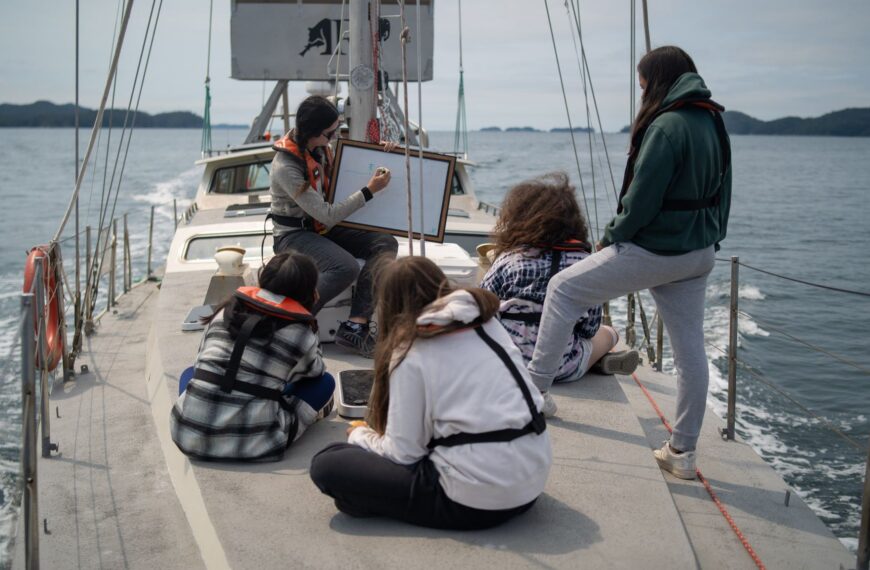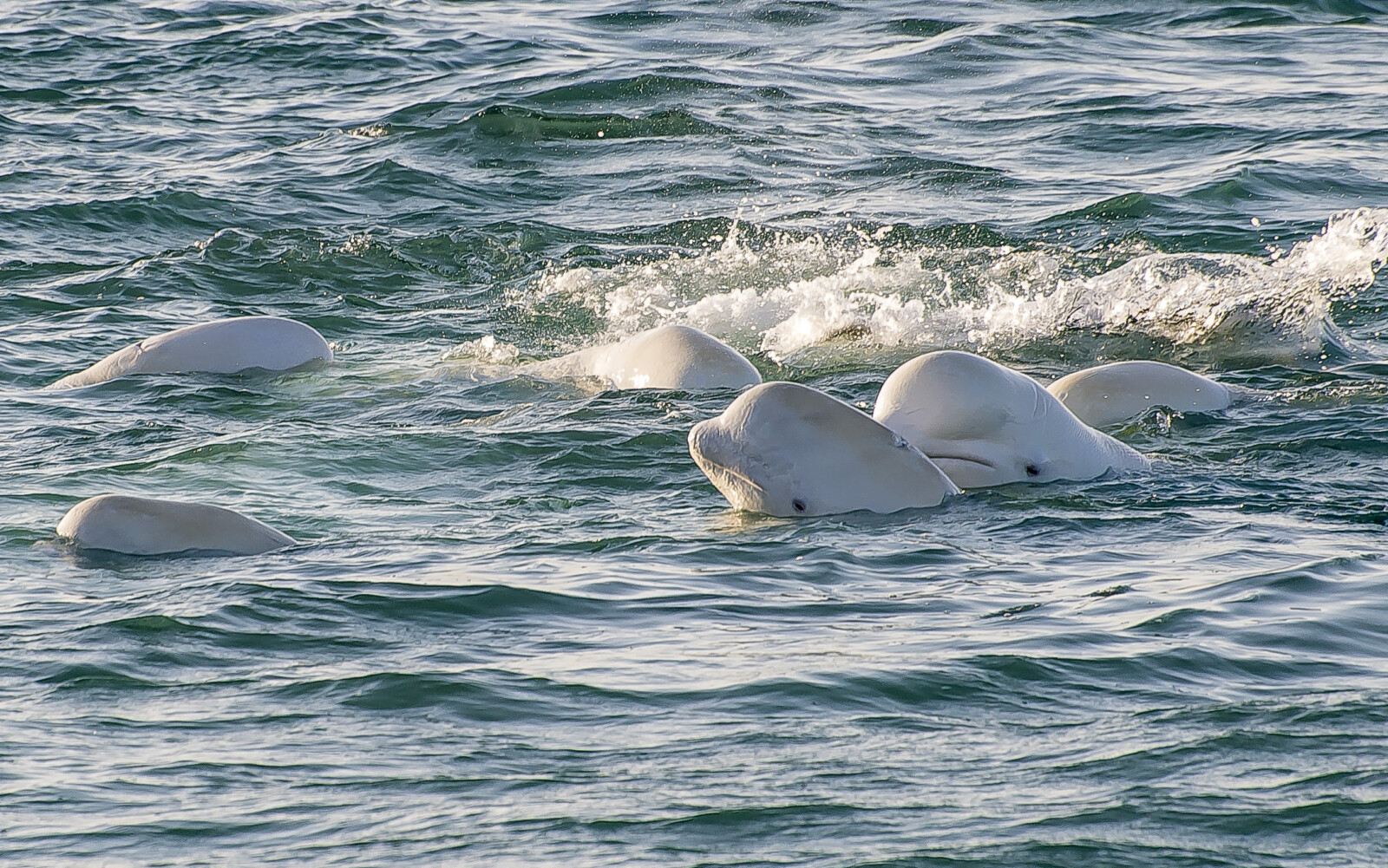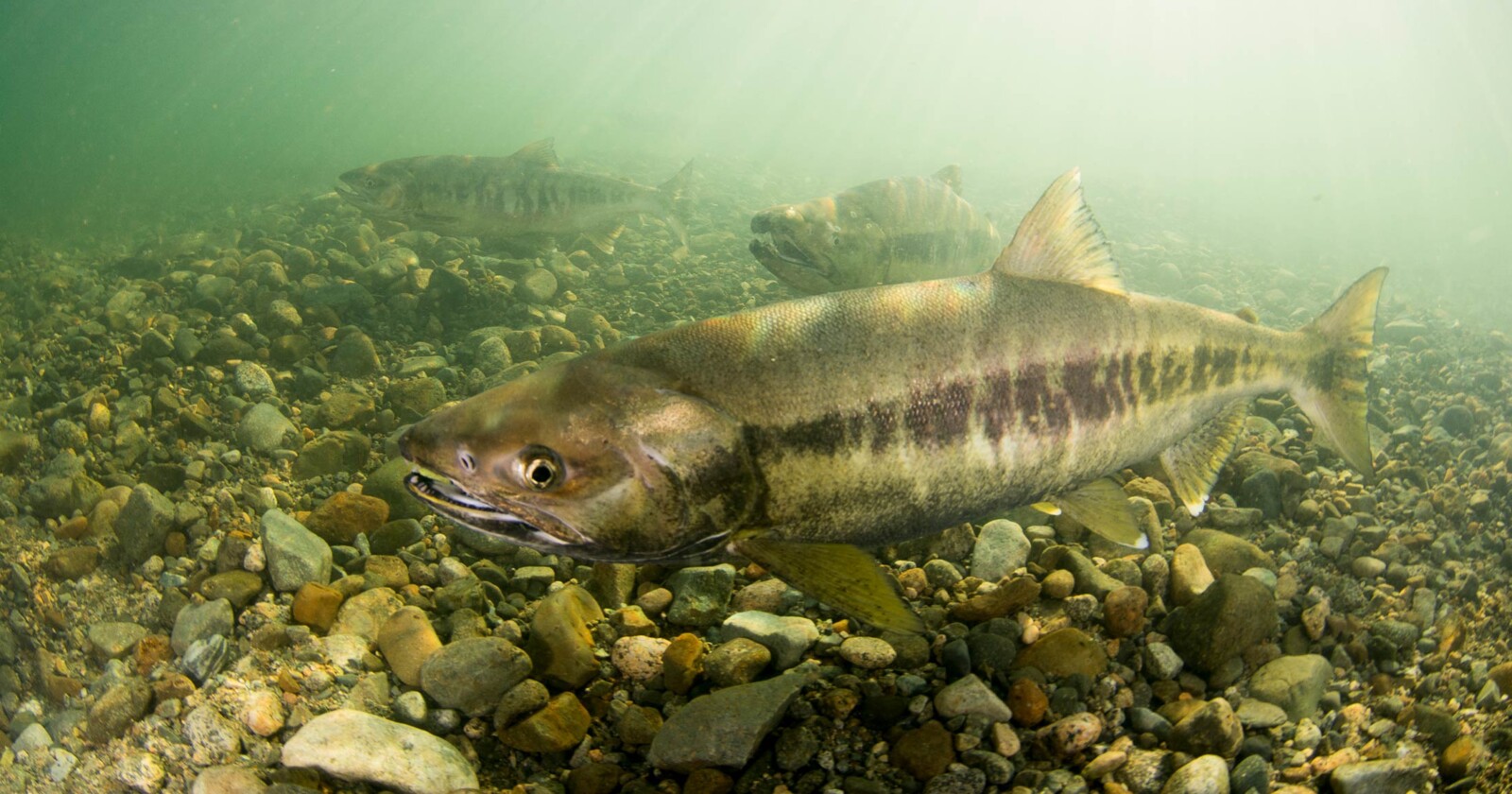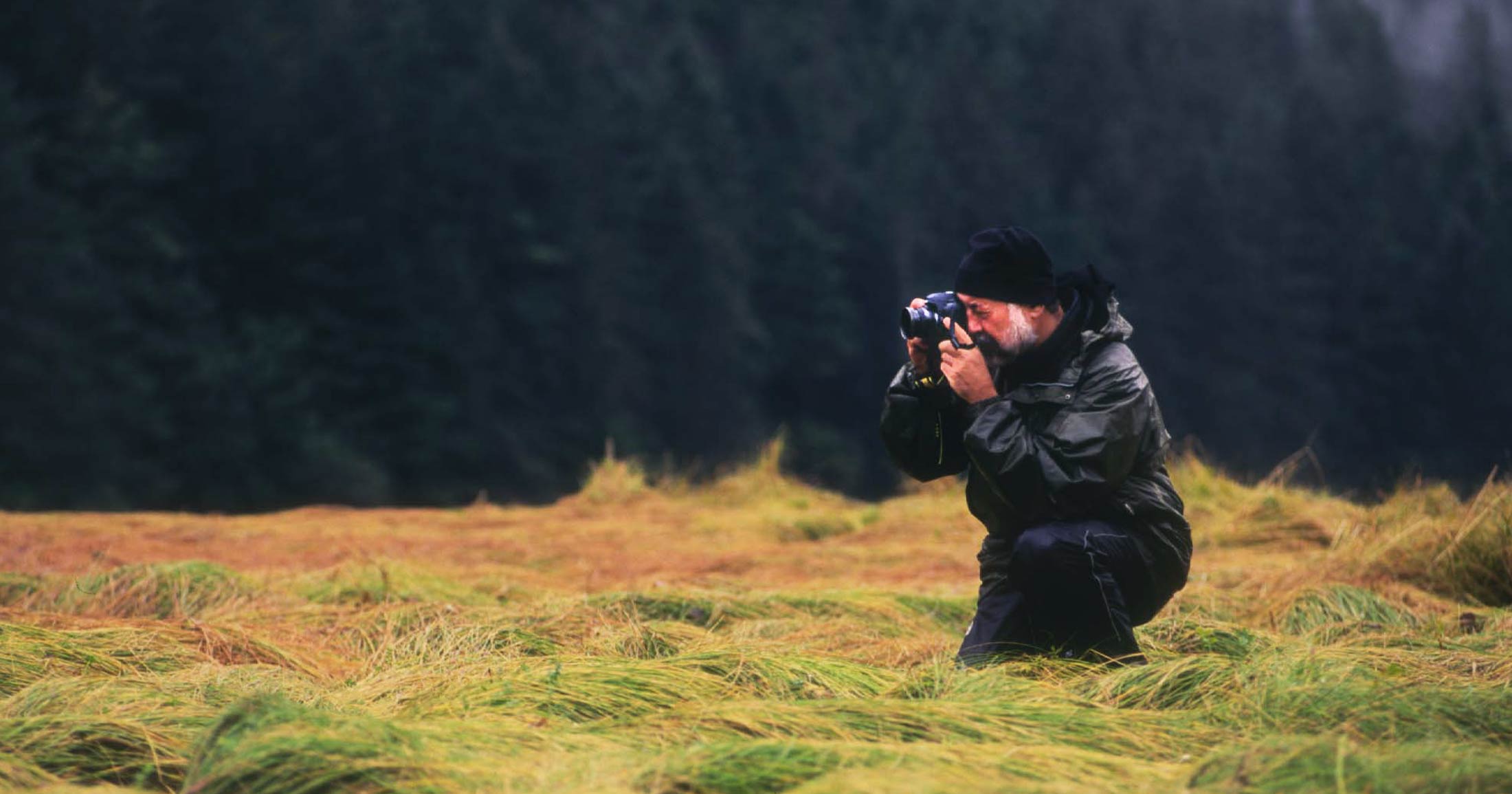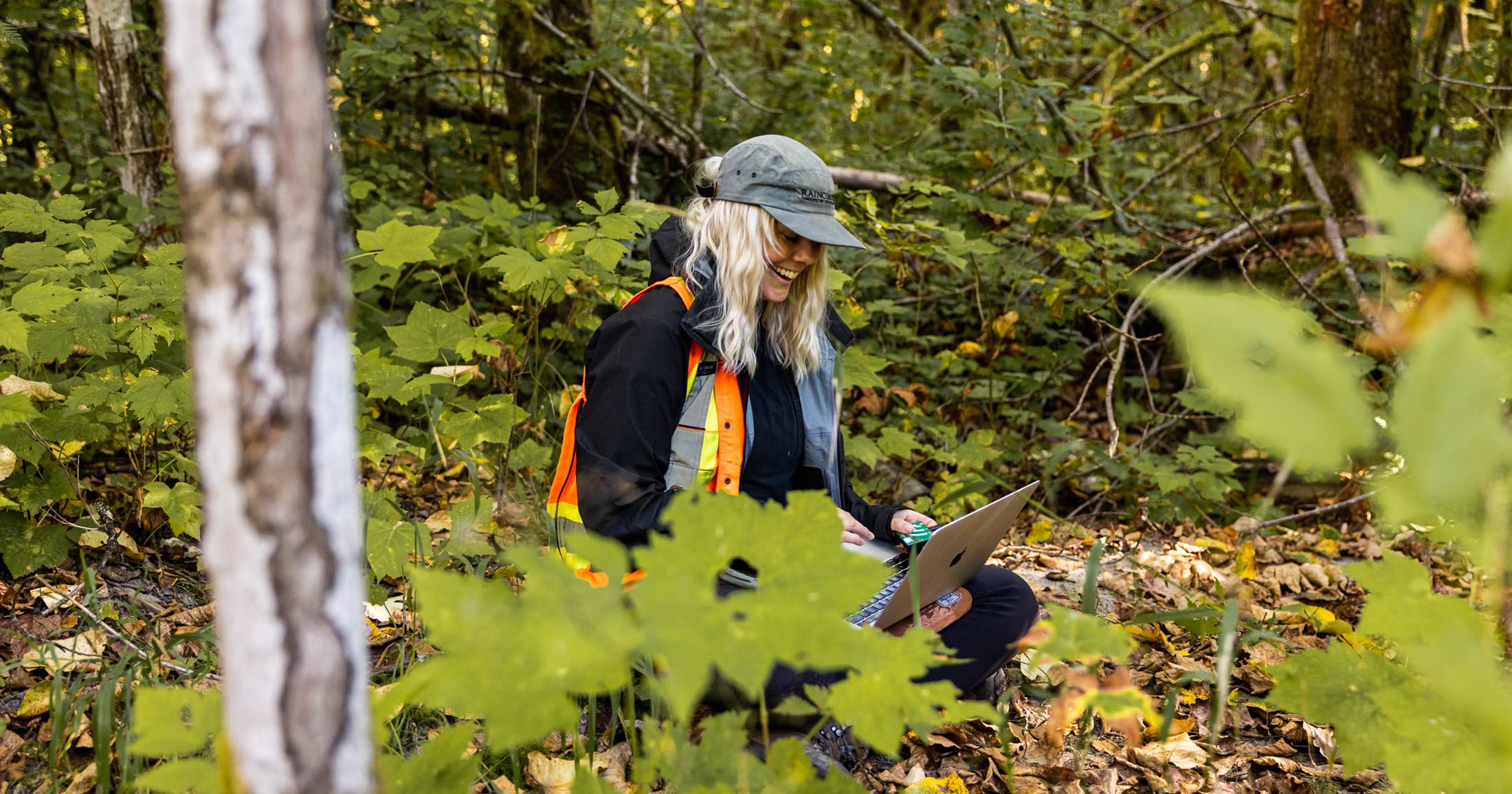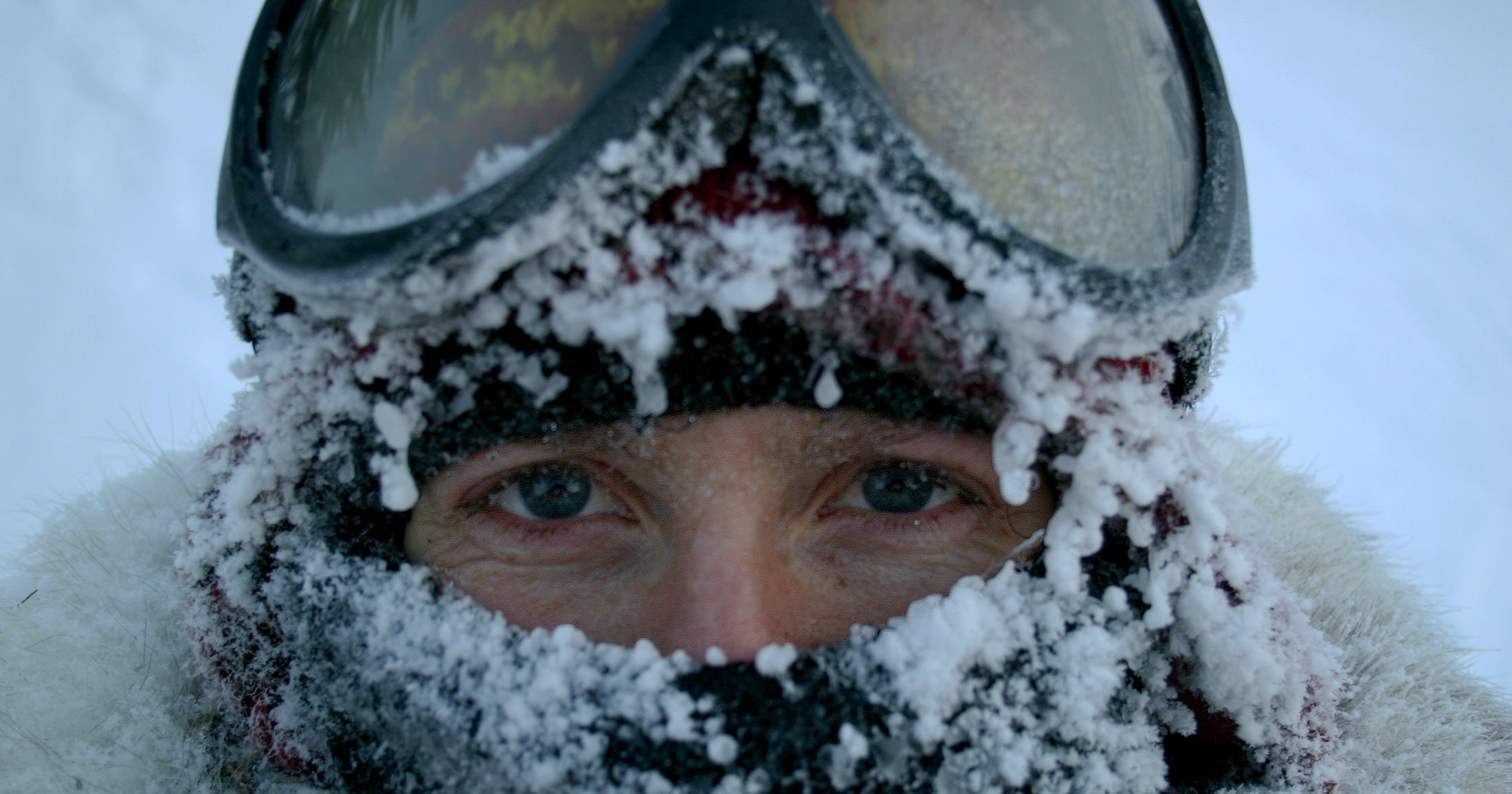Experimental wolf cull in Alberta ignites scientific criticism over inhumane research
Scientists highlight the failure to abide by ethical standards of animal research and welfare.
In a scathing commentary published today in the peer-reviewed journal, Canadian Wildlife Biology and Management, scientists from the Raincoast Conservation Foundation and the Universities of Saskatchewan and Victoria denounce the failure of researchers, government agencies, research institutions, and the scientific publishing process to abide by recognized ethical standards of animal research and welfare.
Download the journal paper Maintaining ethical standards during conservation crises
In the November issue of the Canadian Journal of Zoology, a team of researchers described a gruesome wolf culling experiment and last-minute bid to halt the decline of the Little Smoky caribou herd in Alberta. The caribou are endangered because extensive and unabated industrial development of oil, gas and forestry operations has destroyed and degraded the habitat that provides life sustaining food, shelter, and security.
The researchers oversaw a study in which at least 733 wolves and hundreds of other animals suffered and died by methods considered inhumane by the Canadian Council of Animal Care (CCAC). The CCAC provides ethical guidelines that scientists in Canada normally comply with to ensure that animals used in research are treated humanely. Bypassing CCAC standards, managers from Alberta Environment and Sustainable Resource Development administered the killing. Cooperative university investigators assessed the outcome of the cull. Most wolves died violent deaths via aerial gunning from helicopters. Others succumbed to poisoning after ingesting baits laced with strychnine. These methods of killing do not conform to CCAC’s recognized and acceptable standards of euthanasia, owing to the extended pain and suffering they often cause.
“Expedient but inadequate emergency ‘fixes’ have been experimentally implemented to arrest the impending loss of caribou”, said co-author Dr. Ryan Brook of the University of Saskatchewan, “but no context can justify methods that impose such suffering”.
Co-author Dr. Gilbert Proulx, Director of Science at Alpha Wildlife Research & Management Ltd, agreed. “There is a need to improve checks and balances that would normally prevent the approval, execution, and publication of unethical animal research”, he said. Despite questionably modest improvements to caribou declines, the researchers advocated for the continued killing of wolves. “Such short-sighted recommendations add fuel to the fire regarding the growing controversy and scrutiny of the unethical and unscientific Alberta wolf cull”, stated Chris Genovali, Executive Director of the Raincoast Conservation Foundation.
The study also troubled co-author Dr. Chris Darimont, Hakai-Raincoast Professor at the University of Victoria and science director for the Raincoast Conservation Foundation. “Proponents of resource extraction can now announce that a ‘solution’ to the caribou crisis is in hand, enabling additional habitat destruction that harms caribou and wolves. So despite intentions otherwise, wolf control creates greater long-term harm than good to animals and ecosystems, failing a simple test of ethics.”
“In this case, the intended but very uncertain ends cannot justify the means”, said co-author Dr. Paul Paquet, senior scientist at the Raincoast Conservation Foundation and Adjunct Professor at the University of Victoria and. “Experiments that involve the intentional inhumane killing of animals violate the fundamental principles of ethical science and rightfully endanger the reputation of science and scientists, as well as the journals willing to publish them”.
Citation: Brook, Ryan, Marc. Cattet, Chris T. Darimont, Paul C. Paquet, & Gilbert Proulx. 2015. Maintaining ethical standards during conservation crises. Canadian Wildlife Biology and Management Issue 4, pages 72-79.
Available in Open Access format here or download the pdf
You can help
Raincoast’s in-house scientists, collaborating graduate students, postdoctoral fellows, and professors make us unique among conservation groups. We work with First Nations, academic institutions, government, and other NGOs to build support and inform decisions that protect aquatic and terrestrial ecosystems, and the wildlife that depend on them. We conduct ethically applied, process-oriented, and hypothesis-driven research that has immediate and relevant utility for conservation deliberations and the collective body of scientific knowledge.
We investigate to understand coastal species and processes. We inform by bringing science to decision-makers and communities. We inspire action to protect wildlife and wildlife habitats.



